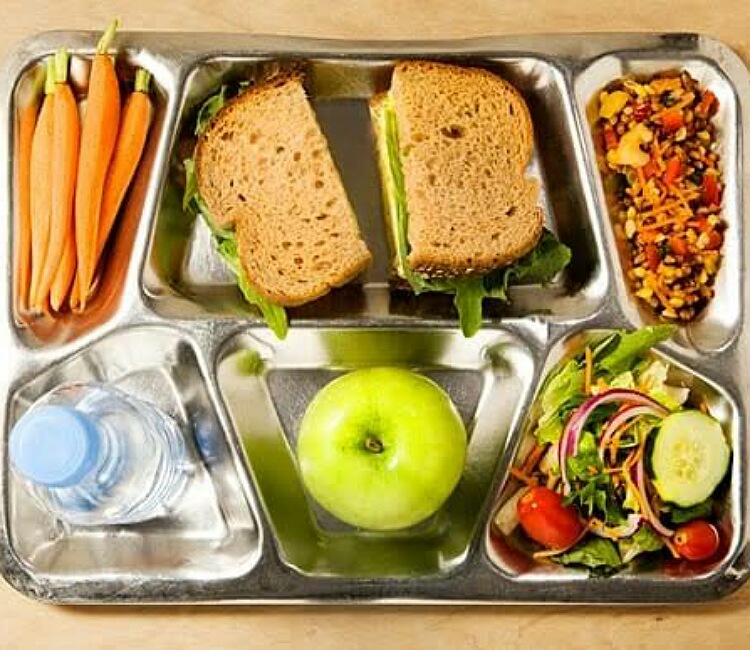Obesity has turned into an epidemic in this age. People are seeking ways to cut down their flab. In order to achieve weight loss, they start skipping meals.
But this is not healthy. And most also eliminate carbs and fats from the daily duet. This causes food category imbalances and nutritional deficiencies.
Weakness, fatigue, headaches set in and it becomes hard for the person. Every human being should follow a meal schedule for the day.
Human body and meal schedule
The human body is so made that it requires some good intake every 4 to 5 hours. This helps to keep hunger at bay, provides energy, provides nutrients, and helps to maintain normal blood sugar.
Human beings sleep for around 6 to 8 hours in a day. This implies that he or she should consume atleast 4 meals during the wake time.
This should be breakfast, lunch, snacks or evening tea, and dinner or supper. The timings should be as much as constant but one should avoid too much of temporal rigidity.
Thirty minutes to an hour early or late doesn’t matter.
This can happen with a busy schedule or when one is not hungry at the time of the meal. But skipping any of the above major meals is not advised. This might upset the body rhythm and lead to health problems.

Also, after a skipped meal, a person tends to overeat in the next meal. This would ruse the metabolism and cause bloating and digestive issues.
Hence try to eat at regular intervals and in small but adequate amounts. Every individual should form and follow a meal schedule.
Meal timings in a day
Breakfast is the first major meal in a day. It should be taken within half an hour of waking up. Do not be on an empty stomach for long hours.
This releases acid in the stomach and without food the acid could damage the stomach wall and cause ulcers. Breakfast provides one with the energy to start the day.
If you skip breakfast you will feel drained out. Hence you might overeat at lunch or might end up eating junk food or sweets to overcome the hunger. Both situations are bad for health.

Lunch should follow breakfast after a gap of 4 to 5 hours. If there is a delay then add a snack in between. This snack should have a mix of carbohydrates and proteins.
In the late afternoon, if you have taken lunch at the proper time, you can take some nutritious snacks or biscuits with tea.
Dinner should come after a gap of 4 to 5 hours after lunch. If you have taken a snack in between, you can delay the dinner by a few hours. Keep dinner light but nutritious.
What to do if not hungry or if you are busy?
Try to stick to fixed times for food. Even if not hungry, est something light so that your body gets tuned to accept food at that particular time of the day.

Read here, Alton Brown, American celebrity chef hates food trends except the vegan trend!
Meal times should not be rushed. The time should be enough. Masticate and chew good properly. Sit down and eat well. Enjoy your meal. This helps the overall well-being of body and mind.
Audra Wilson is a dietitian at Northwestern Medicine Delnor Hospital Metabolic Health and Surgical Weight Loss Center. She states that keeping a fixed meal schedule is good for the body and prevents overeating and weight gain.
